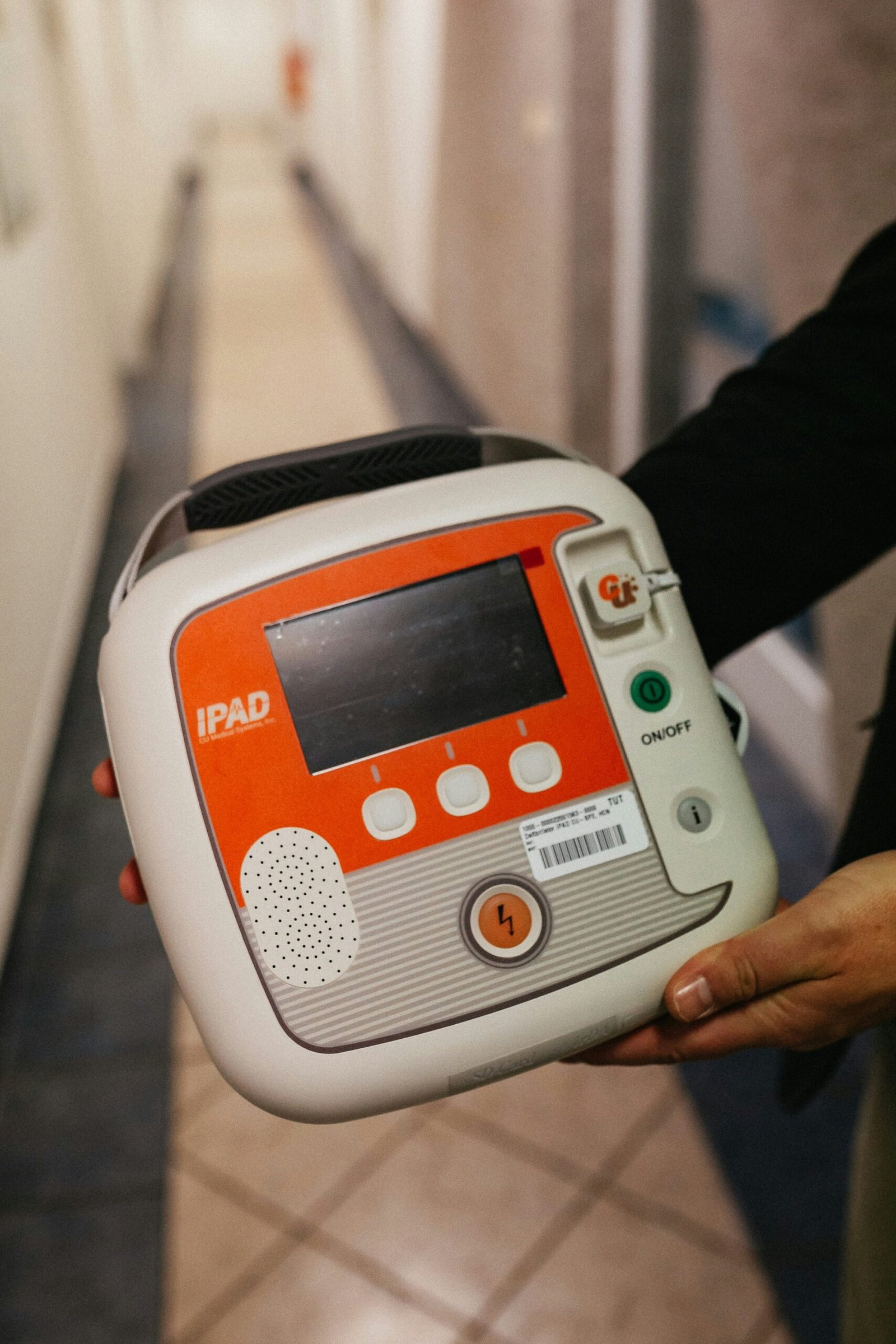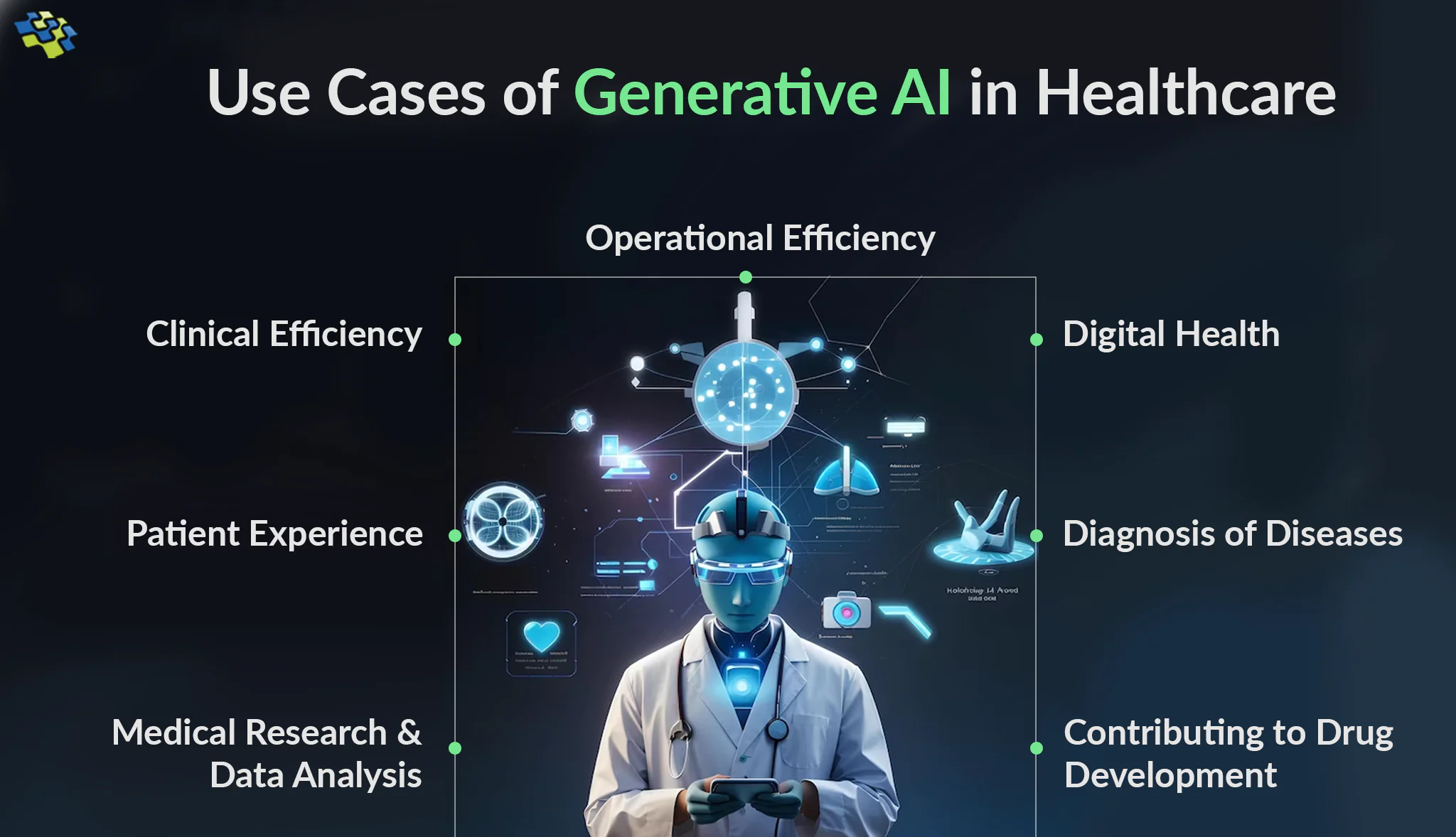Introduction to AI in Medical Devices
In recent years, artificial intelligence (AI) has emerged as a transformative force across various industries, and healthcare stands out as one of the most significantly impacted sectors. AI refers to the simulation of human intelligence processes by computer systems, which includes learning, reasoning, and self-correction. Within the realm of medical devices, AI integrates various technologies such as machine learning, natural language processing, and computer vision. These core components work together to enhance the capabilities of medical equipment, allowing for improved diagnosis, treatment, and patient management.
The integration of AI into medical devices is not merely an evolution; it represents a revolution in medical technology. Recent technological advancements have made it possible to develop sophisticated AI algorithms that can analyze vast amounts of data in real-time. This capability enables healthcare providers to make more informed decisions, leading to more precise treatments and better patient outcomes. For instance, AI-powered diagnostic tools can analyze medical images with remarkable accuracy, detecting anomalies that may be overlooked by human practitioners. Similarly, AI algorithms can monitor patient vitals continuously, predicting potential health risks before they escalate into serious issues.
Moreover, the significance of AI in medical devices lies in its ability to streamline workflows and enhance operational efficiency. Automation of routine tasks allows healthcare professionals to focus more on patient care rather than administrative duties. As healthcare systems grapple with increasing patient loads and rising costs, AI solutions are becoming indispensable. The swift advancements in computational power and data analytics techniques continue to drive innovation in this field, leading to the creation of increasingly sophisticated medical devices capable of intelligent decision-making.
As we delve deeper into this topic, we will explore the implications of these developments and discuss how they are shaping the future of healthcare.
Transformative Applications of AI in Medical Devices
Artificial Intelligence (AI) has initiated significant transformations within the realm of healthcare, particularly through its integration into medical devices. Various applications of AI enhance diagnostic accuracy, improve patient outcomes, and streamline operations across multiple healthcare domains. This section delves into several notable applications, highlighting their functionalities and benefits.
One of the most consequential implementations of AI can be observed in AI-powered imaging systems. These systems leverage deep learning algorithms to analyze medical images, such as X-rays, MRIs, and CT scans. For instance, research has shown that AI can assist radiologists by identifying anomalies with a sensitivity and specificity often superior to human interpretation. A study published in the journal Nature demonstrated that AI diagnostic tools reduced misdiagnosis rates in lung cancer screenings by up to 50%. This ability to detect early-stage issues catalyzes improved patient outcomes, as intervention can be initiated at a much earlier juncture.
Another significant application of AI is in patient monitoring devices that employ machine learning algorithms to assess real-time health data. Wearable devices, equipped with AI capabilities, track metrics such as heart rate, blood pressure, and oxygen levels. These devices alert healthcare providers to concerning trends, enabling timely intervention. A notable implementation is that of AI-driven remote monitoring systems, which have been shown to reduce hospital readmission rates by approximately 30% in heart failure patients, according to a study published in The New England Journal of Medicine.
Robotic surgical systems, augmented by AI technologies, represent a further leap in surgical precision and effectiveness. These systems enhance surgeons’ capabilities, allowing for minimally invasive procedures that reduce recovery times and complications. Data suggests improved patient satisfaction and outcomes, with studies indicating that robotic-assisted surgeries result in a 20% decrease in postoperative pain.
The applications of AI in medical devices are both varied and impactful, enhancing diagnostic accuracy and redefining patient care protocols across numerous healthcare settings.
Challenges and Ethical Considerations
The integration of Artificial Intelligence (AI) into medical devices represents a significant advancement in healthcare, yet it brings forth a myriad of challenges that must be addressed. One of the foremost technical hurdles is data security. Medical devices often handle sensitive patient information, making them prime targets for cyberattacks. Ensuring the integrity and confidentiality of this data is paramount to maintain trust in AI-enabled systems. Developers must implement robust security measures to protect against breaches while also complying with regulations like the Health Insurance Portability and Accountability Act (HIPAA) in the United States.
Another critical challenge revolves around system interoperability. As healthcare technology progresses, the ability of AI-enabled medical devices to seamlessly communicate with existing systems becomes essential. Interoperability ensures that devices can share data effectively, allowing for comprehensive patient care. However, varied standards and proprietary technologies often hinder this integration, complicating the workflow for healthcare professionals and potentially leading to health disparities.
The regulatory landscape for AI in medical devices is still evolving, necessitating stringent compliance. Regulatory bodies require extensive testing and validation to ensure that AI algorithms operate safely and effectively. Balancing innovation with adequate oversight is a complex task, yet it is essential to safeguard patient welfare.
Ethical considerations also arise with the introduction of AI in healthcare. Concerns about algorithmic bias emphasize the risk that AI systems may perpetuate existing disparities in healthcare. This highlights the importance of utilizing diverse datasets and continuous monitoring to mitigate bias in AI models.
Moreover, the impact of AI on patient privacy cannot be overlooked. The more reliant healthcare systems become on AI, the greater the need for transparent policies regarding patient data usage. Alongside technological advancements, preserving the human element in medical care remains critical as the relationship between patients and healthcare professionals undergoes transformation.
The Future of AI in Medical Device Innovation
As artificial intelligence (AI) continues to evolve, its potential applications in medical device innovation are becoming increasingly prominent. Emerging trends indicate that personalized medicine is on the rise, driven by the ability of AI to analyze vast datasets and derive insights about individual patients. This tailored approach to healthcare promises improved outcomes, as medical devices can be calibrated to meet the specific needs of each patient, enhancing their effectiveness and reducing adverse effects.
Big data plays a crucial role in refining AI algorithms, facilitating the collection and analysis of diverse datasets, including patient health records, genomic data, and real-time monitoring information. By leveraging big data, AI can identify patterns and correlations that would otherwise be impossible to discern, driving advancements in predictive analytics and enabling proactive patient care. These refined algorithms are expected to improve the accuracy and reliability of medical devices, paving the way for a new generation of innovative solutions.
Machine learning, a subset of AI, is particularly promising in the field of medical device innovation. Advancements in machine learning methodologies are anticipated to enhance the capabilities of devices, allowing them to learn from new data autonomously and adapt their functions accordingly. For example, wearable devices that monitor patient vitals could utilize machine learning to detect anomalies in health trends, notifying caregivers in real time and leading to quicker interventions.
However, it is essential to recognize that successful integration of AI in medical devices requires collaboration among technology developers, healthcare professionals, and regulatory bodies. Constant dialogue is crucial to ensuring that innovations align with patient needs and safety standards. As we move toward a future where AI plays a central role in medical device innovation, fostering such collaborations will be key to maximizing the potential of AI while ensuring that medical devices are effectively meeting the demands of an evolving healthcare landscape.









